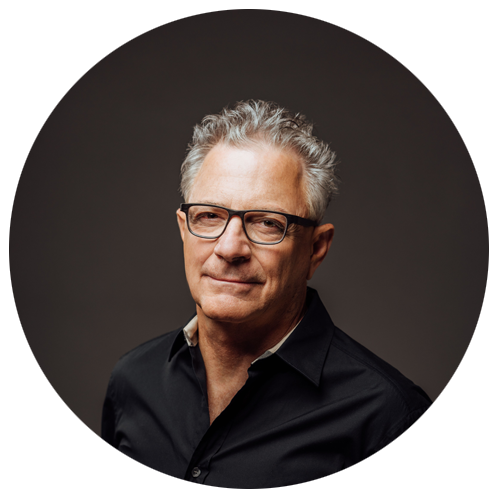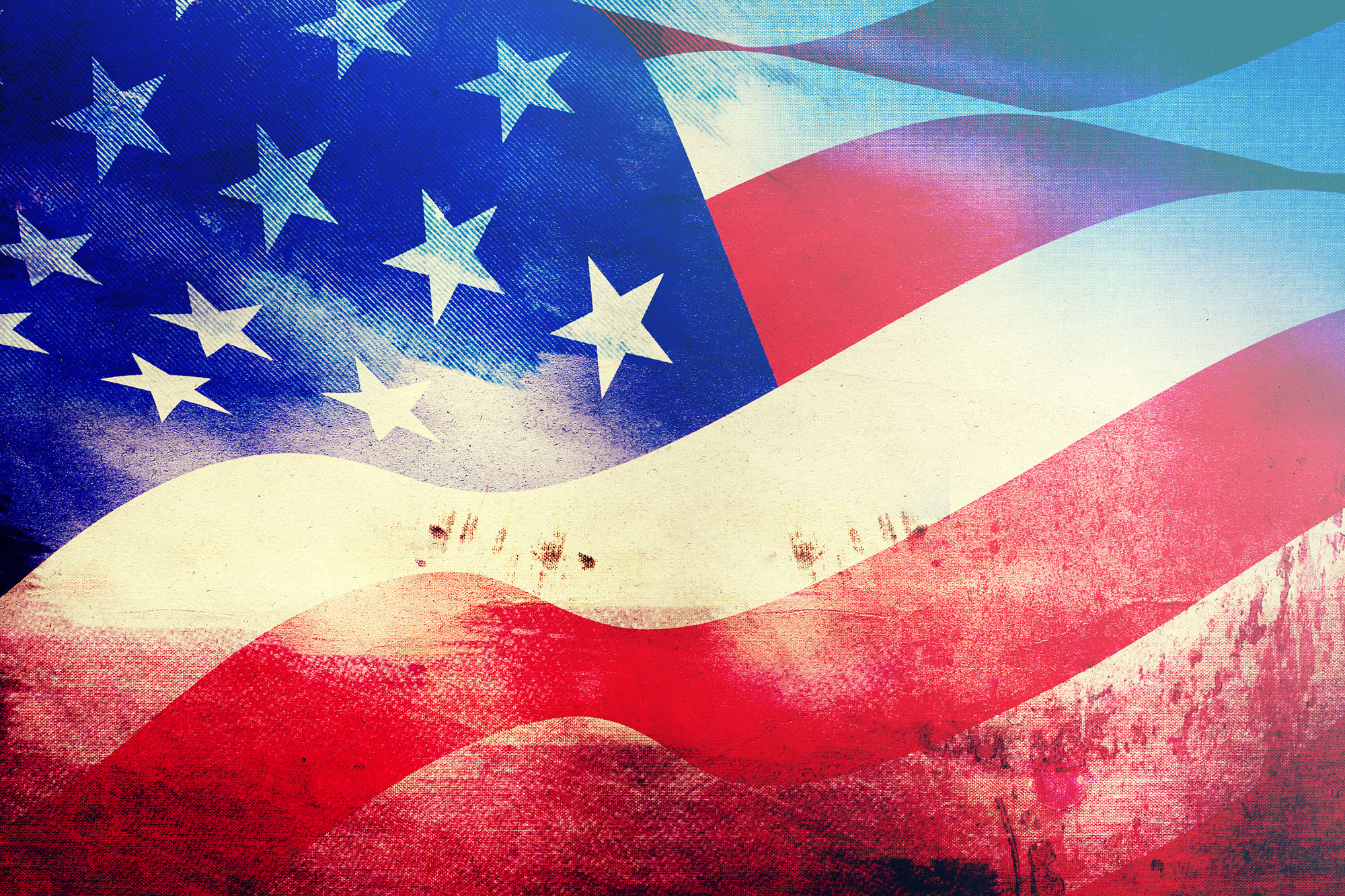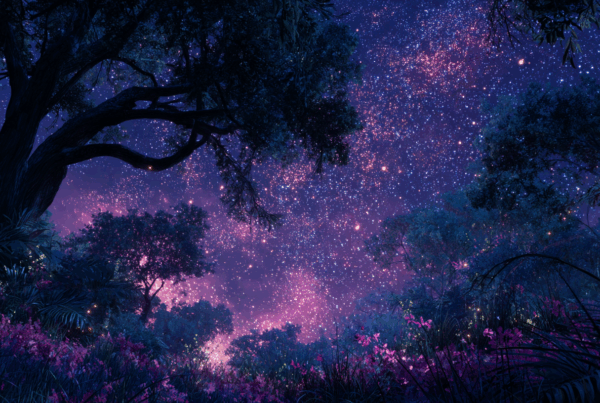Dear Dream Tending and Deep Imagination Community,
On this July 4th, in the United States we celebrate a day of freedom. The day that 13 colonies declared their independence and formed a new nation. In the days leading up to our celebration we are surrounded with words like freedom and independence. We will see endless images of our nation’s flag and fireworks will light our night sky. We will indulge in foods that are specific to aiding us in our celebration of liberty. All of this to remind us that we live in a nation where we are “free.”
As our nation reflects on freedom I want to ask you, in what ways do you come alive and truly feel free? In dreams and imagination how do you experience qualities of authentic freedom?
In times of feeling hurt or constricted, what dream figure or landscape brings a reminder of spaciousness and resilience? .
On this day of celebration, may you feel alive. Feel the freedom of movement. The freedom to imagine, to express and to move and to discover your deeper yearnings. May you feel the call and the right to be free.
In Community,
Bree Beltran
Executive Director of Dream Tending
Inside The Curious Mind
A quote that resonated with me this week…
“We must be free not because we claim freedom, but because we practice it.”
— William Faulkner
Learn the Power, Purpose and Intelligence of Dreams
Unleash your creativity and innate genius

Stephen Aizenstat
Stephen Aizenstat, Ph.D., is the founder of Dream Tending, Pacifica Graduate Institute, and the Academy of Imaginal Arts and Sciences. He is a world-renowned professor of depth psychology, an imagination specialist, and an innovator. He has served as an organizational consultant to major companies and institutions, and as a depth psychological content advisor to Hollywood film makers. He has lectured extensively in the U.S., Asia, and Europe. He is affiliated with the Earth Charter International project through the United Nations, where he has spoken. Professor Aizenstat is the Chancellor Emeritus and Founding President of Pacifica Graduate Institute. He has collaborated with many notable masters in the field including Joseph Campbell, James Hillman, Marion Woodman, and Robert Johnson.





